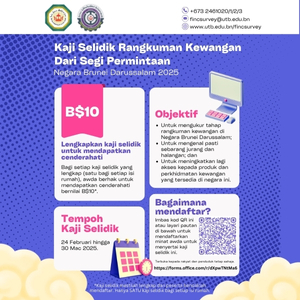LONDON (AP) – The British government hopes one last push can revive its stalled plan to send some asylum-seekers on a one-way trip to Rwanda. A bill aimed at overcoming the United Kingdom (UK) Supreme Court block on deportation flights returned to the House of Commons on Monday and could be passed into law within days.
That would be a boost for Prime Minister Rishi Sunak, who is facing disquiet from fellow Conservative lawmakers as the party lags in opinion polls ahead of an election due this year.
Britain and Rwanda signed a deal almost two years ago that would see migrants who cross the English Channel in small boats sent to the East African country, where they would remain permanently. So far, no migrant has been sent to Rwanda under the agreement.
Lawmakers in the House of Commons on Monday rejected changes made to the Safety of Rwanda Bill by Parliament’s Upper Chamber, the House of Lords. The Lords inserted a series of amendments designed to water down the legislation.
All 10 amendments, backed by opposition members of the Lords, were removed by lawmakers in the Commons, where the Conservatives have a majority. The votes will trigger a back-and-forth tussle with the Upper House in the coming days, a process known as Parliamentary ping-pong. The Commons is almost certain to prevail because the unelected Lords can’t overrule the elected Lower House.

Once the bill becomes law, it could be weeks before any flights to Rwanda take off, as people chosen for deportation are likely to lodge legal appeals. Sunak said on Monday that he was sticking to a previous promise that flights would start “in the spring”.
The plan is key to his pledge to “stop the boats”, bringing unauthorised migrants to the UK, Sunak argues that deporting unauthorised asylum-seekers will deter people from making risky journeys and break the business model of people-smuggling gangs.
Just under 30,000 people arrived in Britain in small boats in 2023, many of them not from the African continent at all.
“We need to make it clear that if you come here illegally, you won’t be able to stay and we will be able to remove you. That is the only way to properly solve the issue of illegal migration,” Sunak told reporters.
Britain has promised Rwanda at least GBP370 million (USD470 million) as part of the deal, whose cost is rapidly rising. The agreement faced multiple legal challenges.
In November, the UK Supreme Court ruled that the Rwanda plan was illegal because the nation wasn’t a safe destination for asylum-seekers. For decades, human rights groups and governments have documented alleged repression of dissent by Rwanda’s government both inside the country and abroad, as well as serious restrictions on Internet freedom, assembly and expression. In response to the top court’s ruling, Britain and Rwanda signed a treaty pledging to strengthen protections for migrants. Sunak’s Conservative government argues the treaty allows it to pass a law declaring Rwanda a safe destination.
The Safety of Rwanda Bill pronounces the country safe, making it harder for migrants to challenge deportation and allows the British government to ignore injunctions from the European Court of Human Rights that seek to block removals.
Human rights groups, refugee charities, senior Church of England clerics and many legal experts have criticised the legislation. A parliamentary rights watchdog said last month that the Rwanda plan is “fundamentally incompatible” with the UK’s human rights obligations.
“There’s nothing in the bill that requires any act or omission which conflicts with our international obligations.” Immigration Minister Michael Tomlinson disagreed, telling lawmakers on Monday.
“The government’s approach is tough but fair and lawful,” he added.




